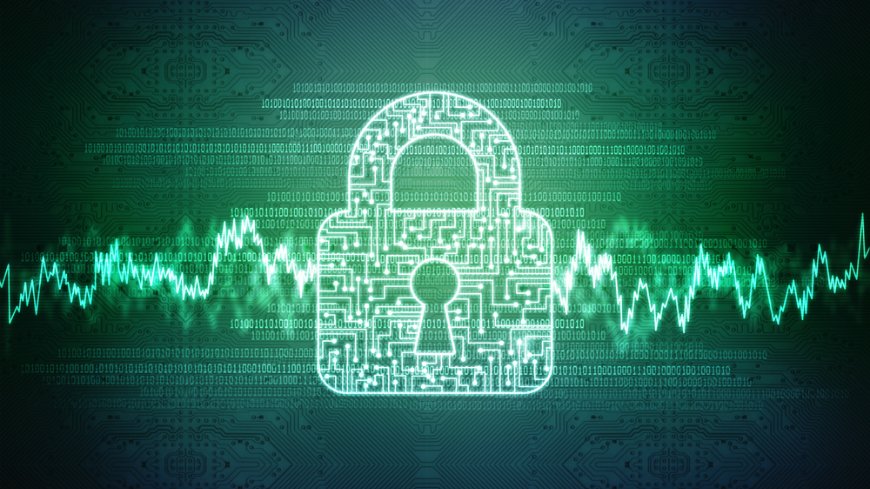Online Safety
In today’s digital age, the internet is an indispensable part of our daily lives. From social media to online banking, education to entertainment, our online presence is pervasive. However, this interconnected world also brings risks, especially concerning data protection. For youth and uneducated individuals, navigating these risks can be particularly challenging. This article aims to provide a comprehensive guide to staying safe online, emphasizing the importance of data protection and offering practical tips to safeguard personal information.
Understanding Data Protection

Data protection involves strategies and processes to secure personal information from unauthorized access, corruption, or theft. This encompasses everything from setting strong passwords to understanding privacy settings on social media platforms. With the increase in cyber threats, such as identity theft and cyberbullying, data protection is crucial for maintaining privacy and security online.
The Risks

- Phishing Scams: These are deceptive attempts to obtain sensitive information by disguising as trustworthy entities in digital communications.
- Malware: Malicious software designed to harm, exploit, or otherwise compromise a computer system.
- Social Engineering: Manipulating individuals into divulging confidential information.
- Privacy Invasion: Unauthorized access to personal data can lead to misuse and exploitation.
Practical Tips for Staying Safe Online
- Educate Yourself and Others: Knowledge is power. Understanding the basics of internet safety can significantly reduce risks. For youth and uneducated individuals, workshops and educational programs can be instrumental.
- Strong, Unique Passwords: Use complex passwords that are difficult to guess. Avoid using the same password across multiple sites. Consider using a password manager.
- Enable Two-Factor Authentication (2FA): This adds an extra layer of security by requiring a second form of verification in addition to the password.
- Be Wary of Suspicious Links and Emails: Do not click on links or download attachments from unknown sources. Always verify the sender’s authenticity.
- Regular Software Updates: Keep your software, including antivirus programs, up to date to protect against the latest threats.
- Privacy Settings: Familiarize yourself with and regularly review the privacy settings on social media platforms and other online services. Limit the amount of personal information you share publicly.
- Use Secure Connections: Ensure websites are secure before entering sensitive information. Look for “https://” in the URL, indicating a secure connection.
- Backup Your Data: Regularly back up your data to prevent loss in case of a cyberattack.
Special Considerations for Youth
- Digital Literacy: Integrate digital literacy education into school curriculums to equip youth with the skills needed to navigate the internet safely.
Empowering the Uneducated
- Community Workshops: Host workshops in community centers to teach basic internet safety and data protection.
- Simple, Clear Instructions: Provide straightforward, easy-to-understand guidelines and resources for safe internet use.
- Visual Aids and Demonstrations: Use visual aids and live demonstrations to illustrate key concepts and practices.
- Support Networks: Establish support networks where individuals can seek help and advice regarding online safety.
Conclusion
Data protection is a fundamental aspect of modern life, essential for maintaining privacy and security in our digital interactions. For youth and uneducated individuals, understanding and implementing basic online safety measures is crucial. By educating ourselves and others, fostering open communication, and utilizing available tools and resources, we can create a safer online environment for everyone.
Remember, staying safe online is a continuous process that requires vigilance and proactive measures. Let’s empower our communities with the knowledge and skills needed to navigate the digital world securely.

